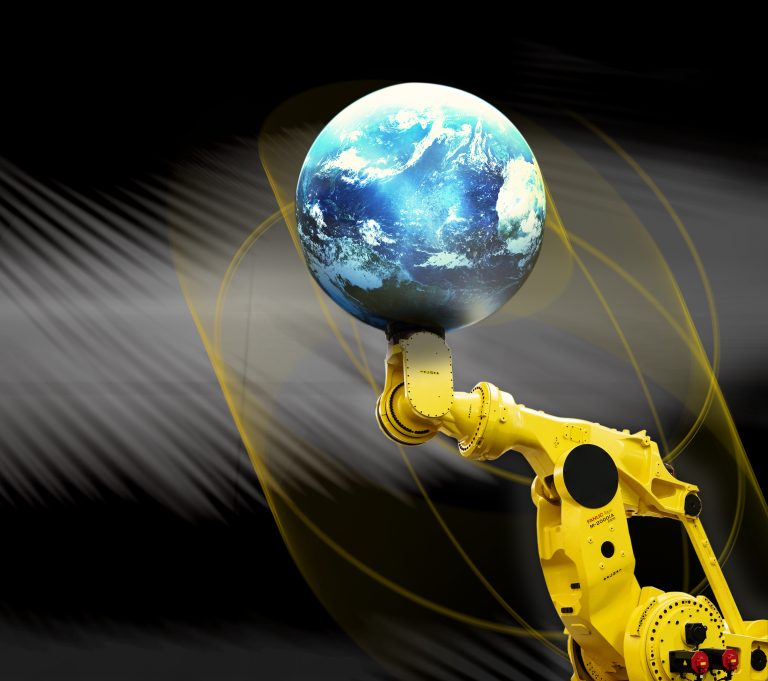In recent years, Computer Numerical Control (CNC) machining has revolutionized the field of manufacturing and engineering. CNC is a process that was created by combining digital technology alongside traditional machining techniques. It is now the dominant method of producing high precision components and parts across various industries. This article explores the machinistries, advantages and diverse applications of CNC machining to highlight its transformational impact on the modern engineering.
The Mechanics of CNC Machining
CNC machining is a subtractive process of manufacturing that removes the material from a solid block or workpiece, to create the desired shape. The process is based on pre-programmed computers that direct the motions of machinery. The code for CNC machines may differ based on the machine type and complexity of the component being manufactured. However, the fundamental concept is the same. A high-speed cutting machine precisely cuts away materials to form the finished product.

CNC Machining offers a superior degree of precision. Its digital nature permits consistent and accurate production. This reduces human error and ensures consistency across batches. This level of accuracy is crucial in industries where even small deviations have a significant impact, like in medical device, aerospace manufacturing, and automotive manufacturing.
The role that computers played by digital technology in CNC Machine Operations
CNC machining has high accuracy and efficiency due to its integration of digital tech. A specific software program automates the entire manufacturing processes. The software converts computer-aided design (CAD), models into a sequence of precise directions that are then executed by CNC machines to produce parts. These instructions dictate everything from the speed and direction of the tool to the depth and angle of each cut.
In large-scale industrial plants, computers are usually integrated directly into CNC machines. This enables seamless communication and control. This integration allows real-time monitoring as well as adjustments and optimization of performance. CNC machining is able to be automated to allow for continuous operations which increases productivity while reducing lead times.
CNC Machining has Many Benefits
CNC machining offers numerous advantages over traditional manufacturing techniques. One of its greatest advantages is the ability to produce complicated and intricate components with high precision. CNC machines reduce waste by eliminating manual adjustments. CNC machines are also able to operate continuously. This makes them perfect for large-scale production runs.
Another advantage is the flexibility of CNC machining. A single machine can produce many different types of parts by simply changing the programming. CNC machineries have a high degree of adaptability and is therefore ideal to use for prototyping. It can also be used in large-scale production.
The automation in CNC machining can also be a security improvement at the workplace. Accidents and injuries are reduced when manual intervention is not required. CNC-machined products are more reliable, perform better and contribute to brand reputation and customer satisfaction.
CNC Machining Services: Benefits to Industries
Numerous industries utilize CNC machineries, and are distinguished by its effectiveness, flexibility and accuracy. In aerospace, CNC machines produce critical components that must meet stringent safety and performance standards. Medical device manufacturers rely on CNC machine machining to make of surgical instruments that are complex and implants, where accuracy is paramount.
CNC machineries can be utilized to create engine components, transmissions, intricate interiors, and exteriors in the automotive industry. In the electronics industry, CNC machining is used to make small, precise parts for consumer electronics and communications equipment. Jewelry and art industries leverage CNC technology to produce intricate designs and custom pieces.
The future of CNC Machining
CNC capabilities for machining will continue to expand as technology improves. Multi-axis machine machining and additive manufacturing integration will continue to push the limits of CNC technology. Machine learning and artificial intelligence will likely enhance the precision and efficiency of CNC machining.
CNC machineries, with their unmatched precision, efficiency and flexibility, has had an enormous impact on the field of engineering. The capability to create extremely precise and complex components makes CNC machining a valuable tool in many industries. CNC machine’s role in manufacturing’s future will be crucial as technology evolves.